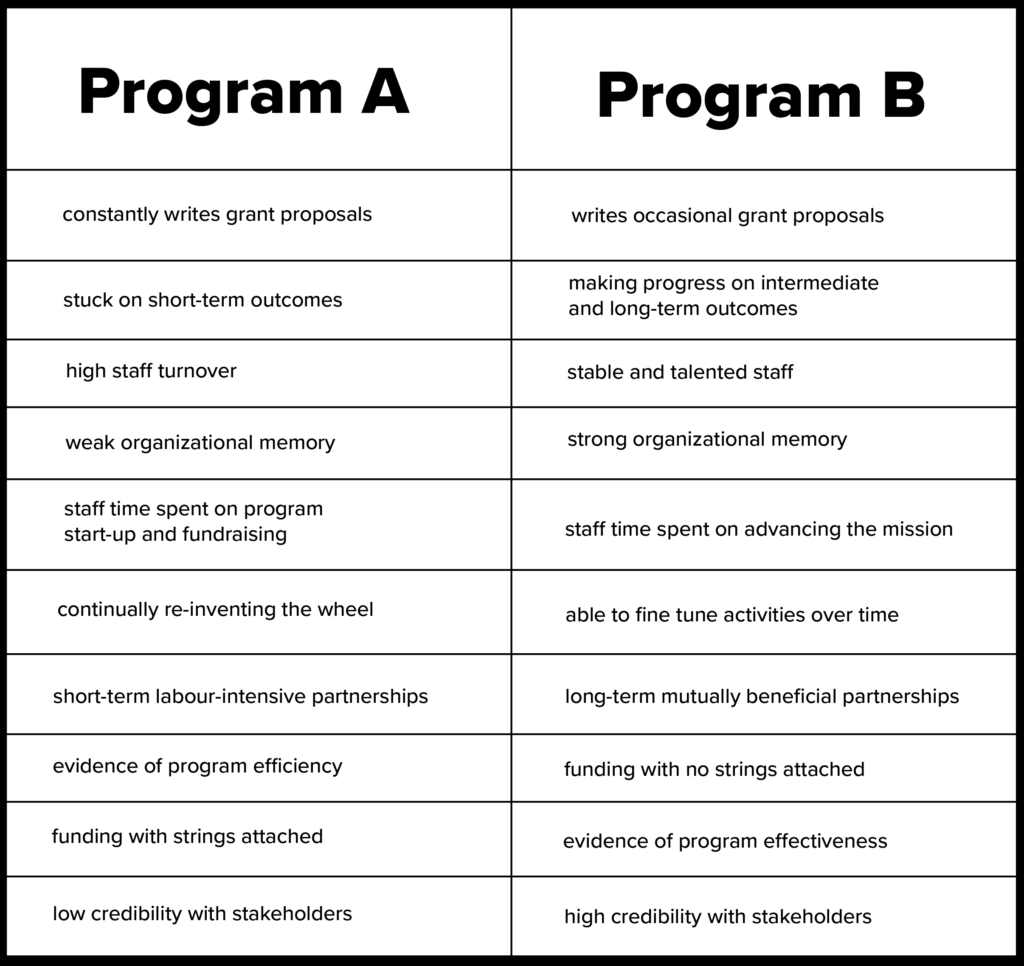The nonprofit sector is a strong and vibrant community full of people willing to help each other out. And now more than ever, it’s important to come together and work as allies and mentors.
The value of being mentored seems pretty obvious: new skills, confidence, friendship, etc. And in fact, the research shows that people who are mentored get more job promotions and earn more than people who aren’t.
But mentoring is also great for mentors: networking opportunities, leadership development, and a stronger sense of community.
Jesse Bethke Gomezwas mentored early in his career and is now paying it forward by helping others overcome their fears, have more confidence in their talents, and develop their strengths:
So yes, nonprofit professionals like Jesse shine when they connect, learn and share with each other. They get stuff done. And they make a bigger impact.
But do you really need a mentor?
Why you need a nonprofit mentor
Most nonprofit leaders are too stressed out or distracted to find that trusted friend or colleague who’s walked in their shoes.
But allies (mentors, peers, friends) are often essential for success. Here are a few examples:
- A veteran grant writer offers guidance to a novice grant writer that helps him or her achieve greater results.
- A promising nonprofit start-up founder can connect with an experienced leader who points out blind spots and encourages a drive toward success.
- A newly-hired Development Director is struggling to meet their capital campaign goals. She exceeds that goal with tips from a veteran fundraiser.
Find your nonprofit ally
Do you have experience or know-how to share with a nonprofit? MissionBox.com is a newly launched free resource that helps connects nonprofit leaders connect with that perfect peer who is seeking guidance.
The goal? Stop “reinventing the wheel” create a larger sense of community, and together, make a bigger impact.
Learn more about becoming a MissionBox ally by joining here for free.
–––––––––––––––––––––––––
John Haydon is one of our Cause Camp 2017 speakers #CauseTheChange. He is one of the most sought-after digital marketing experts for nonprofits and charities. John has spoken at several conferences, is the author of Facebook Marketing for Dummies and is a regular contributor to the Huffington Post and several other like blogs.
The post Do You Really Need a Nonprofit Mentor? appeared first on Nonprofit Hub.
